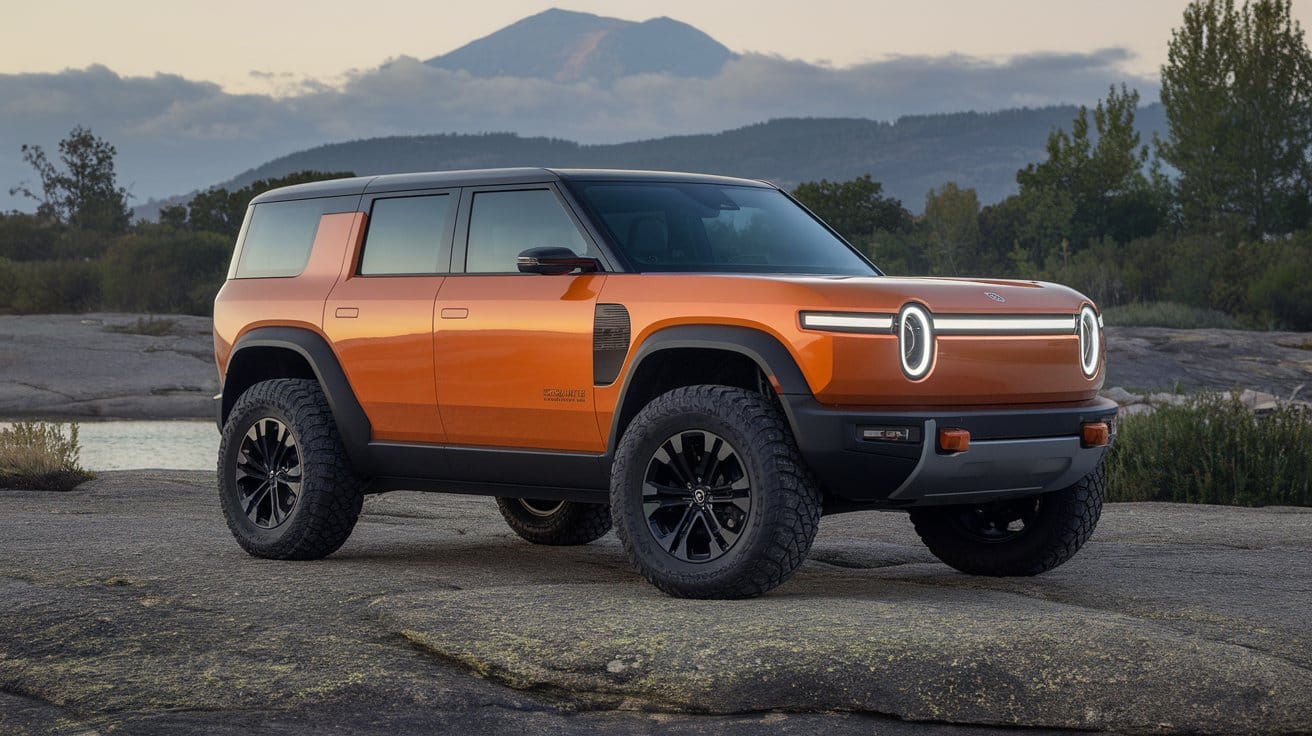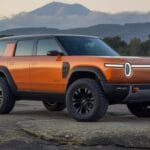As the American auto industry reshapes itself with emerging technologies and electric vehicles (EVs), legacy brands are also returning to the scene. One such brand is Scout, a rugged icon from the International Harvester days, now reborn under Volkswagen Group’s investment. But how American is Scout today?
On this page
With its nostalgic pull and new design aspirations, Scout Motors is gearing up to enter the electric SUV and pickup market. In a landscape filled with questions about American manufacturing, branding, and legacy, let’s unpack what makes Scout “American” today.
The Iconic American Roots of Scout
Scout, originally created by International Harvester in 1961, quickly became a go-to vehicle for off-road enthusiasts and was well-loved for its toughness and utilitarian style.
This was an era when American automakers dominated the market, and Scout was as quintessentially American as apple pie and baseball. When the brand folded in 1980, it left behind a lasting legacy and a dedicated fanbase who longed for a comeback.
Decades later, Volkswagen Group has stepped in to resurrect Scout, leaning on its brand value and nostalgia.
Yet, as an American brand under German investment, the question remains: Can Scout retain its American roots while adapting to modern, globalized production methods?
The Volkswagen Factor: Is Scout Truly American-Made?
Volkswagen Group’s involvement means Scout isn’t entirely American. While Volkswagen finances and backs the brand, Scout’s operations and vehicle designs are fully independent.
Scout Motors insists its design, engineering, and production processes are self-contained, with no technology crossover with Volkswagen vehicles.
“Scout operates independently in design, but Volkswagen’s backing gives them a solid financial footing in a competitive market,” says Tony Salerno, VP of business development at J.D. Power.
With Volkswagen’s investments, Scout is set to be an all-electric SUV and pickup manufacturer, and it plans to build production plants in the U.S. to fulfill requirements under the Inflation Reduction Act.
This act rewards domestic manufacturing and sourcing, particularly for EV battery production, which is key for market competitiveness and tax incentives.
The Complexities of American-Made Certification
A vehicle’s “American-ness” is not only defined by assembly location; it depends on the origin of its materials, supply chain transparency, and regulatory standards.The American-Made Index by Cars.com highlights these factors by ranking vehicles based on local sourcing, supporting U.S. jobs, and supply chain impact.
For example, Tesla, an American brand, often ranks high due to its domestic manufacturing and sourcing commitments.
Scout’s level of “American-made” will depend on its ability to meet these sourcing standards, especially as it enters the EV market.
By adhering to FTC’s CARS rules, Scout will need to disclose where its materials come from. This transparency will help determine if it can be as “American” as the vintage Scouts were.
Scout’s Place in the New Age of EV Manufacturing
Today’s automotive industry is evolving, with electric vehicles (EVs) leading the conversation. Scout’s revival aligns with the EV boom and also taps into an increasingly conscious consumer base that values sustainability and local production.
As Tony Salerno noted, sourcing decisions influence not only brand loyalty but eligibility for government incentives.
“EVs are an opportunity to bring more of the automaking process stateside,” says Patrick Masterson, lead researcher for the American-Made Index at Cars.com.
“With automakers opening battery and powertrain plants in the U.S., Scout can localize its production to keep costs competitive and meet consumer expectations for American-made transparency.”
What This Means for Consumers and Enthusiasts
As Scout rolls out its new line of EVs, potential buyers may find themselves asking how much it matters for a brand to be American-owned versus American-made. For many, the nostalgia and durability associated with Scout are powerful enough to influence purchasing decisions.
For others, especially younger generations, the appeal of supporting U.S. manufacturing could outweigh the specifics of ownership.
Surveys show that 56% of U.S. car buyers prefer to support brands that invest in local jobs, with Gen Z and millennials leading this charge.
Scout’s challenge will be balancing these expectations while delivering a vehicle that lives up to its heritage, especially in an era when supply chains are increasingly global.
Can Scout Balance Heritage and Modern Demands?
Scout Motors is a fascinating case study in what it means to be an American brand today. While its new iteration under Volkswagen may not be entirely homegrown, Scout’s focus on U.S.-based production and independent design lends it authenticity.
For those who prioritize American manufacturing and nostalgia, Scout’s return as an EV powerhouse may just strike the right balance.
Scout’s journey is a reminder that, in today’s interconnected world, being “American” is about more than ownership—it’s about the values and commitments behind the brand.
So, while Scout may be evolving under Volkswagen’s guidance, it has a chance to remain true to its roots while embracing the future of American EV manufacturing.
Will Scout fulfill its legacy? Only time will tell, but it’s certainly set up for a memorable return.













